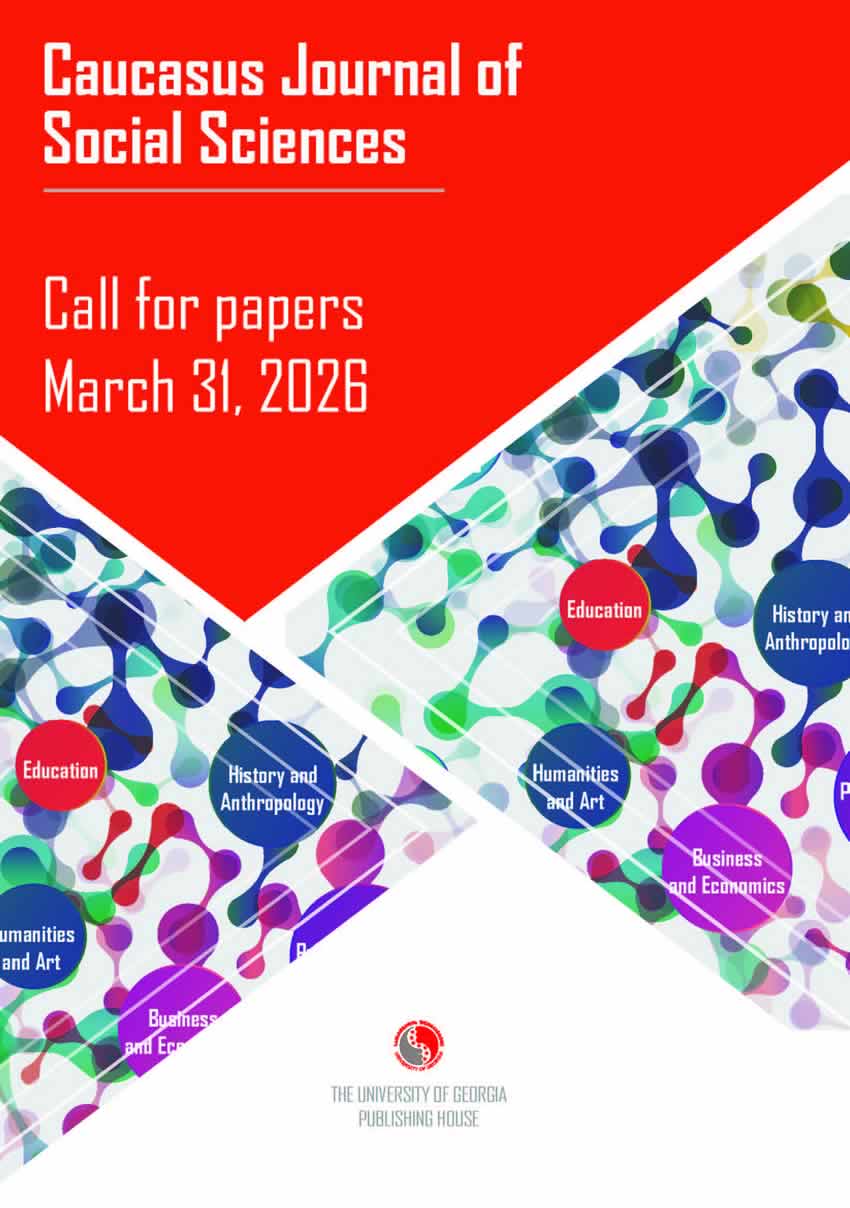New Light on a Complex Early Modern Site on the Åland Islands
DOI:
https://doi.org/10.62343/cjss.2008.10Keywords:
Rock carvings, Åland Islands, Artifact analysis, Archaeological dating, Stone fields, Fire-related evidenceAbstract
This article is about a maritime archaeological site in the outer archipelago
of the Åland Islands, Finland. The site is very complex in
nature and consists of two islands: Rödön and Gloskär. The site is
part of an ongoing research project at Uleåborg University in Finland.
The site has been excavated for three seasons. The 2007 excavation
was the first that had participants from Georgia and Sweden. Previous
research declared the site as a chapel from the Middle Ages in
Scandinavia (thirteenth and fourteenth centuries). The authors discuss
that in the light of the new results it is time to reassess the site
and its function in society in its own time and context. Based on the
results from the 2007 expedition, the authors suggest a new approach
to the site and state it as a complex context for an inn that has its roots
in the Middle Ages.
Downloads
Published
How to Cite
Issue
Section
License
Copyright (c) 2023 Ulrica Söderlind, Nikoloz Tskvitinidze

This work is licensed under a Creative Commons Attribution 4.0 International License.
In case an article is accepted for publication it is allowed to combine the article with other research, to conduct new research on the article, or to make different arrangements on condition that the same license is used including commercial purposes.
As an author of an article published in the Caucasus Journal of Social Sciences, you retain the copyright of your article and you are free to reproduce and disseminate your work.











